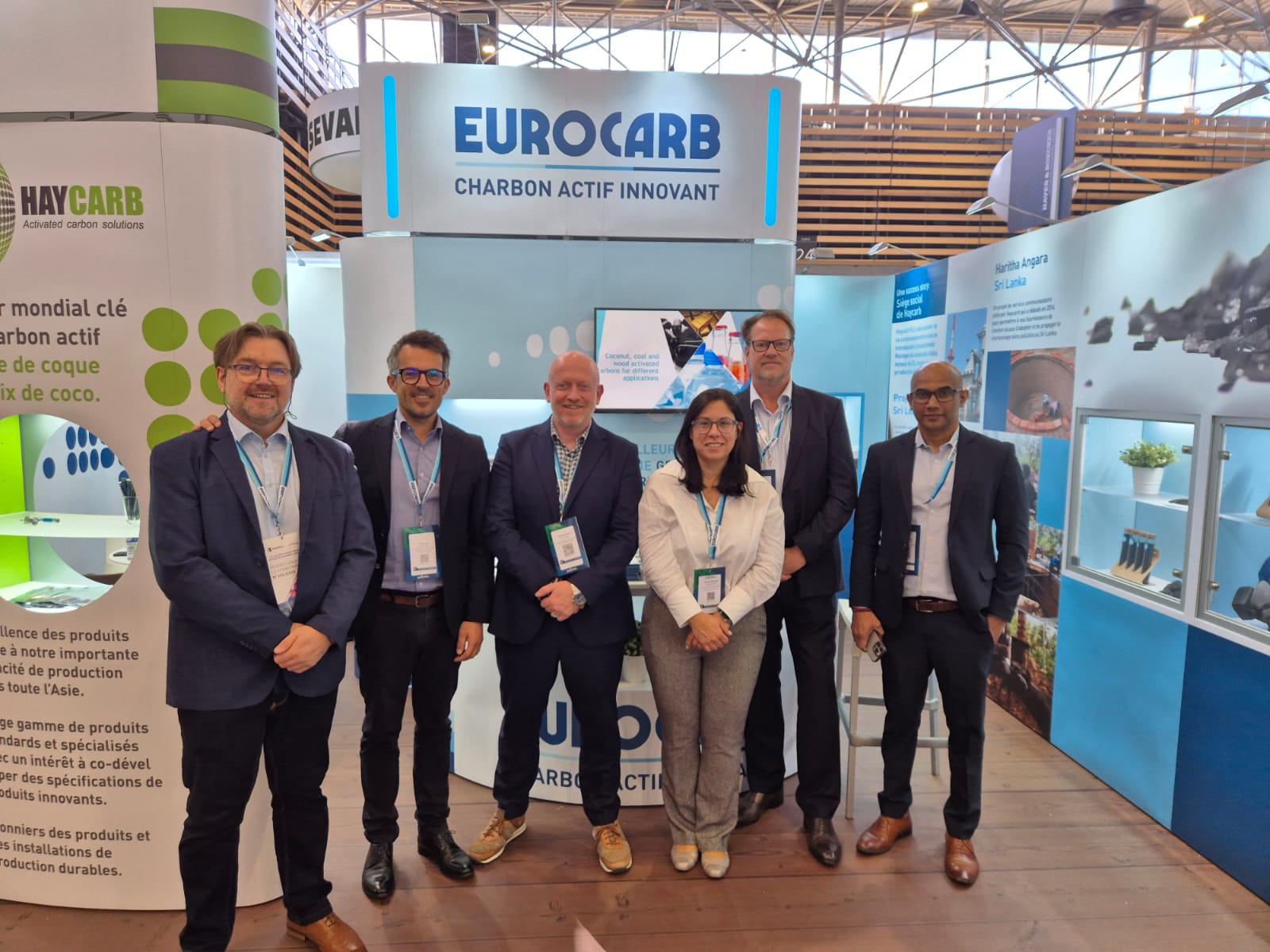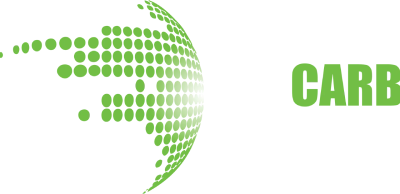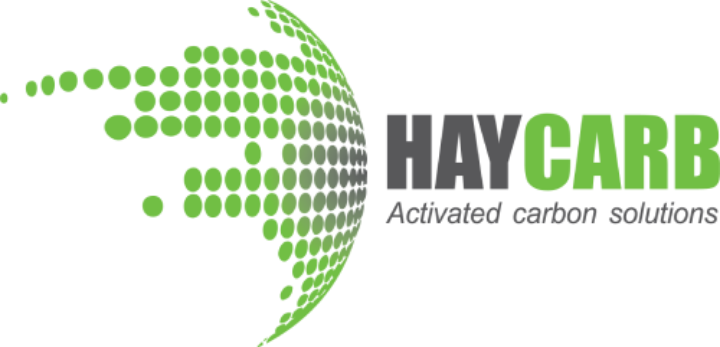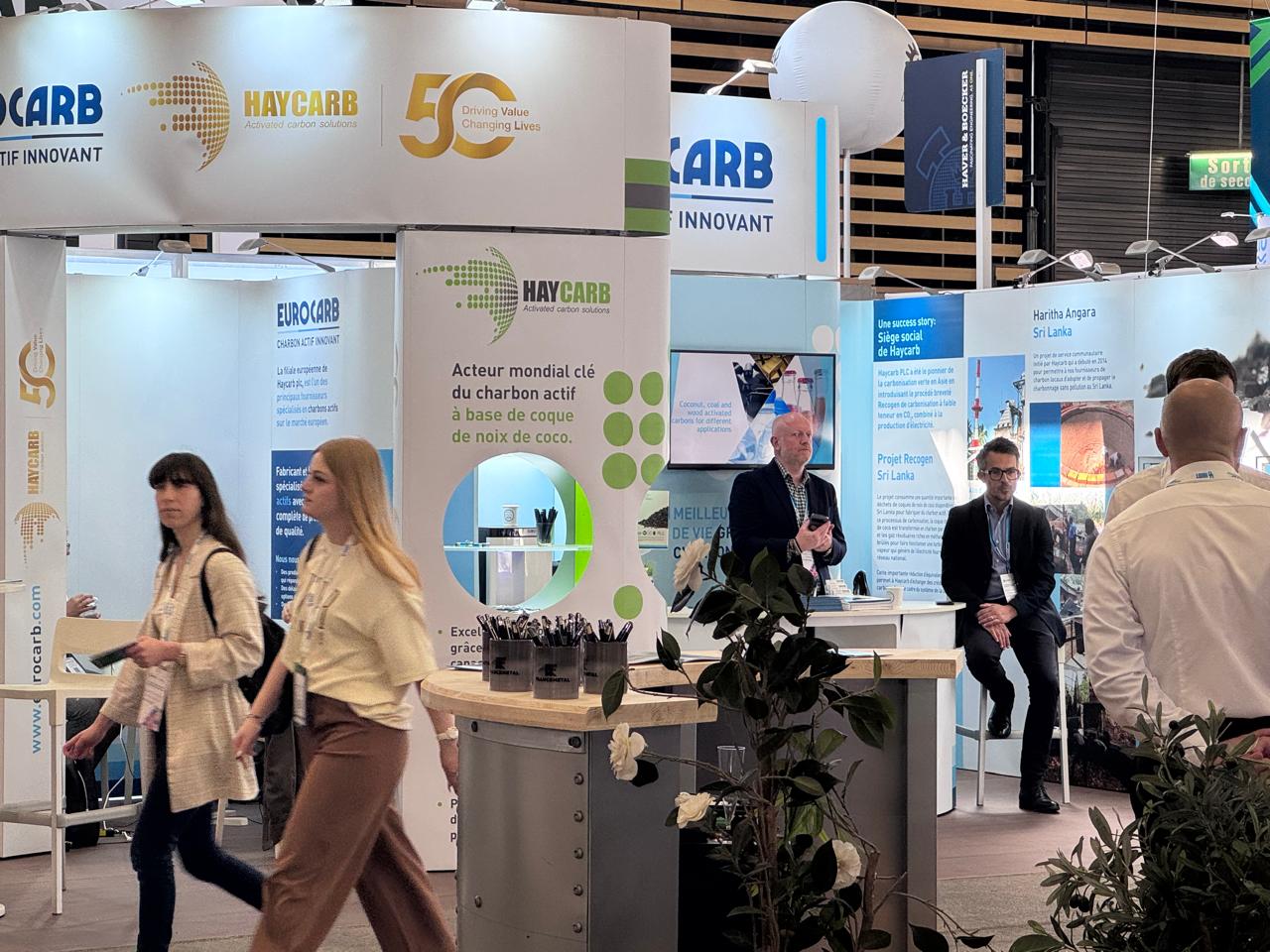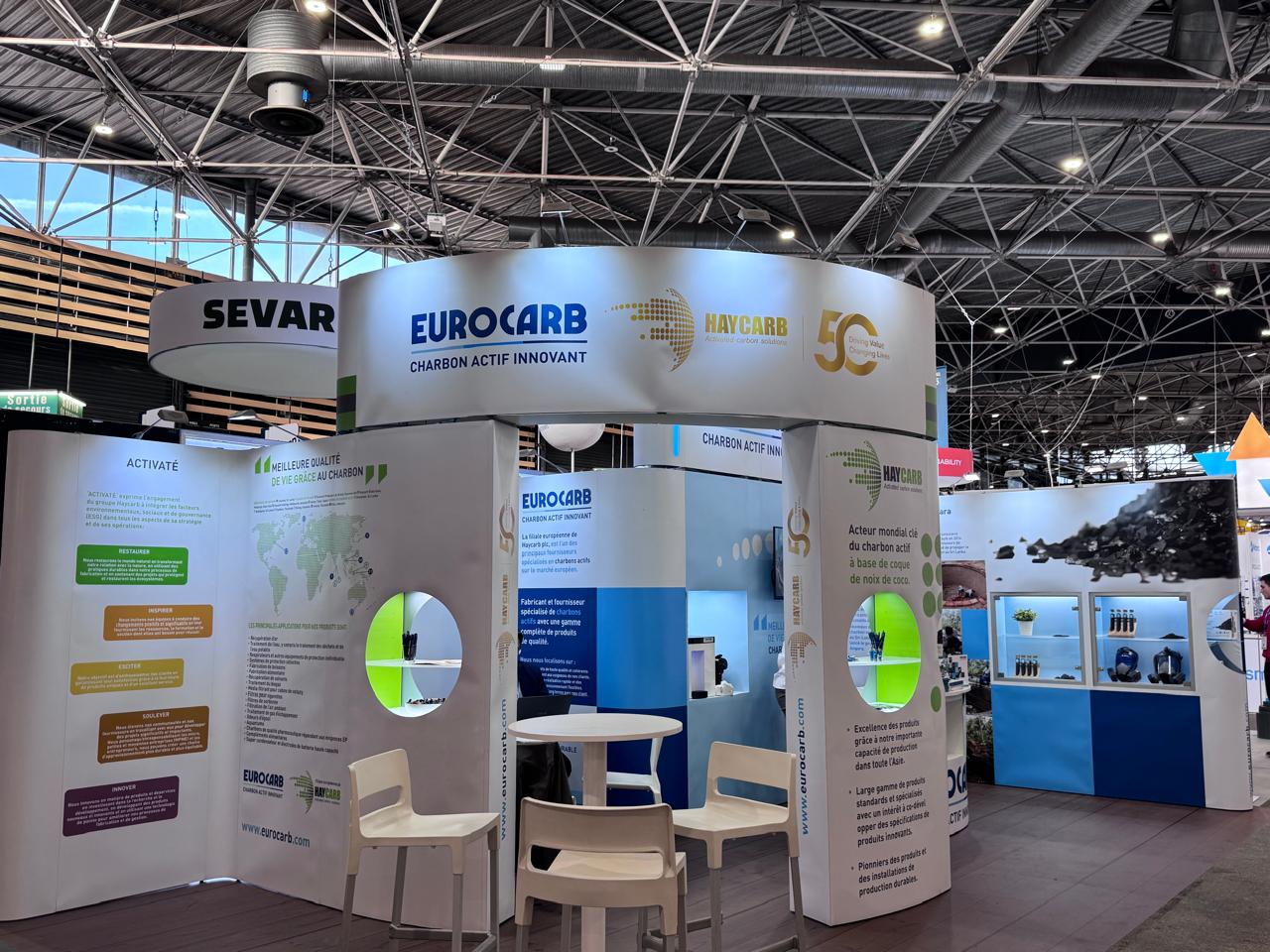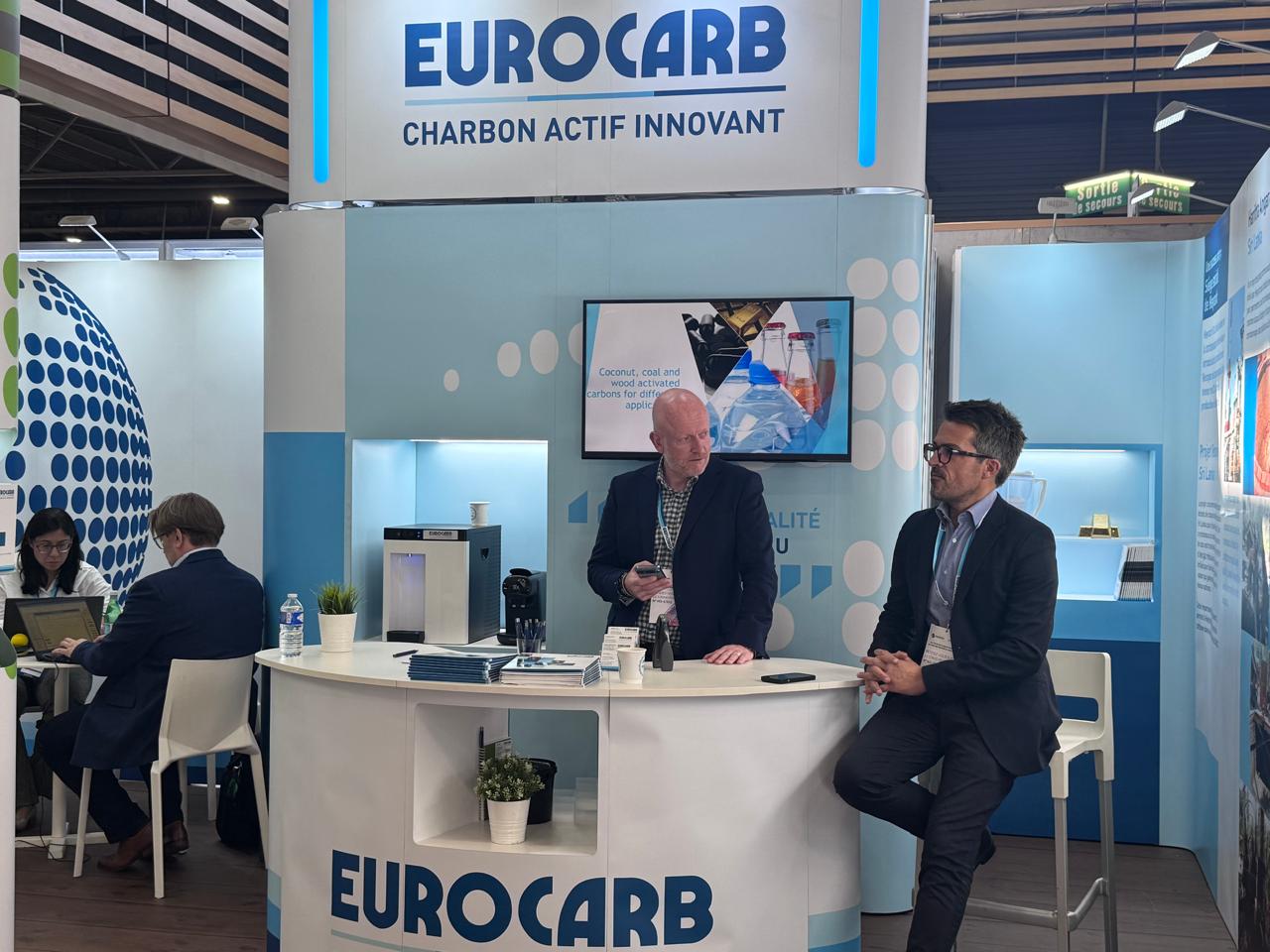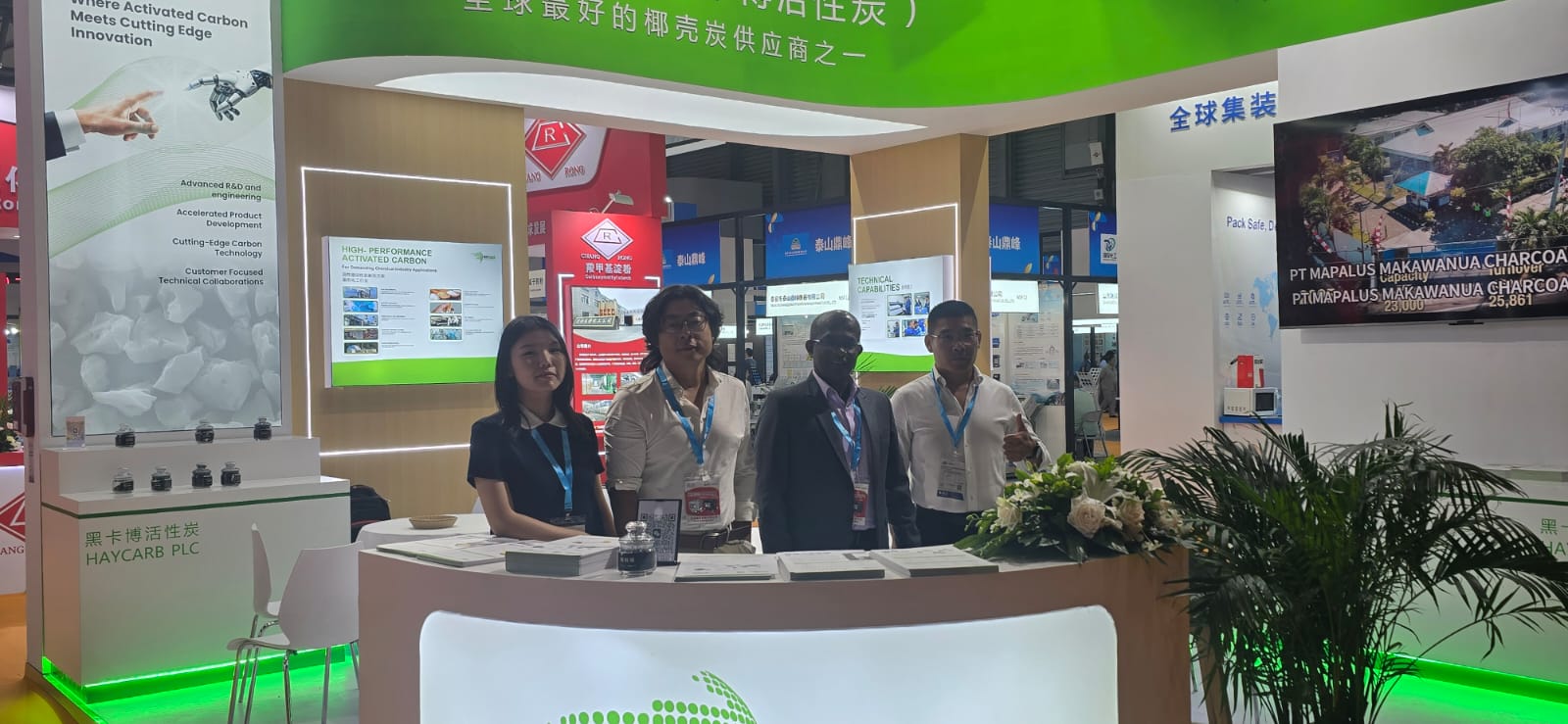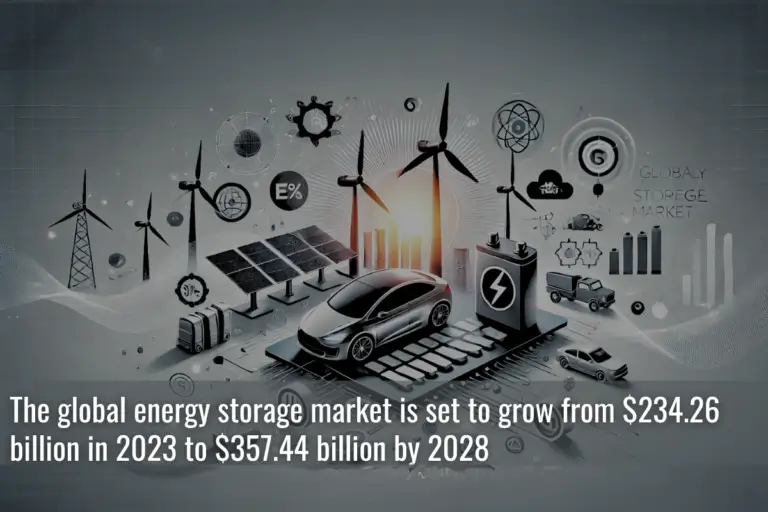From the 7th to the 10th October 2025, Lyon, France, hosted Pollutec 2025, one of the world’s premier forums for environmental and sustainability solutions. The event brought together innovators, industry leaders, regulators, and decision-makers to explore emerging water purification technologies in Europe and best practices across water and air purification, decarbonization, circular economy in water treatment initiatives, and pollution control. The exhibition halls were alive with demonstrations, discussions, and insights, offering a comprehensive view of how science and industry are shaping a more sustainable future particularly through innovations such as activated carbon for PFAS removal and other advanced purification technologies.
A major highlight of this year’s event was the increasing focus on PFAS, often referred to as “forever chemicals.” Exhibitors showcased a wide range of advanced PFAS treatment solutions, including activated carbon, ion exchange resins, and nanofiltration membranes. Many solutions demonstrated the value of integrated, multi-step treatment approaches for effectively removing these persistent contaminants. Sustainability was a consistent theme throughout the exhibition, with particular attention on the effective use and reuse of activated carbon and purification media. Regenerating activated carbon and resins reduces environmental impact, lowers operational costs, and ensures the long-term efficiency of treatment processes demonstrating that sustainable solutions can also be economically viable.
At the forefront of these innovations, Eurocarb, a member of the Haycarb Group recognized globally as a leader in coconut shell–based activated carbon, demonstrated its expertise in delivering advanced activated carbon solutions.
The booth attracted significant attention from industry professionals seeking effective PFAS adsorption and micropollutant removal strategies, as well as from researchers and academics exploring the translation of scientific discoveries into real-world applications. Engaging with visitors through demonstrations and technical discussions, the Eurocarb team highlighted how its PFAS activated carbon solutions can deliver high-performance, sustainable outcomes across diverse industrial and municipal contexts.
The exhibition also emphasized the collaborative nature of environmental innovation and sustainability. Pollutec 2025 served as a platform for exchanging knowledge, fostering partnerships, and demonstrating the tangible impact of research-driven technologies. The event underscored that future environmental management depends on a combination of scientific advancement, industrial expertise, and regulatory alignment.
As global awareness of water safety increases, solutions for removing PFAS from drinking water are gaining significant attention, driving demand for efficient and sustainable carbon-based purification methods.
Overall, Pollutec 2025 reaffirmed that the future of environmental management lies in integrated, multi-technology approaches. As European regulations tighten and global concern over emerging contaminants grows, the demand for efficient, sustainable, and reliable solutions continues to rise positioning companies like Eurocarb at the forefront of this evolving sector.
Frequently Asked Questions
- Why is PFAS removal a growing priority in water treatment?
PFAS, also known as “forever chemicals,” are highly persistent compounds that resist natural degradation. Their widespread presence in drinking water has raised global concern due to potential health and environmental risks.
- How does activated carbon help remove PFAS from water?
Activated carbon removes PFAS primarily through adsorption. Its porous structure traps PFAS molecules, preventing them from passing into treated water. PFAS activated carbon solutions, are engineered for high adsorption efficiency and can be regenerated for extended use, making them both effective and sustainable.
- What makes activated carbon a sustainable solution for PFAS removal?
Unlike single-use filtration materials, activated carbon can be thermally regenerated and reused, reducing waste and lowering operational costs. This aligns with the circular economy principles emphasized throughout Pollutec 2025 proving that environmental responsibility and cost efficiency can go hand in hand.
- How is the future of PFAS treatment evolving in Europe?
PFAS treatment solutions in Europe are rapidly advancing, driven by both technological innovation and tightening environmental regulations. Alongside methods such as activated carbon, ion exchange resins, and nanofiltration membranes, European authorities are introducing stricter limits and monitoring requirements to control PFAS levels in drinking water. Together, these developments are shaping a future where PFAS removal is not only technically effective but also aligned with growing regulatory and sustainability expectations across the region.
- What makes PFAS such a major concern in water treatment today?
PFAS compounds are extremely resistant to natural breakdown, meaning they accumulate in the environment and in living organisms over time. Their persistence, coupled with potential health risks, has made PFAS removal one of the most pressing challenges in modern water treatment.
- How does Haycarb contribute to advancing PFAS treatment solutions in Europe through its activated carbon technologies?
Haycarb’s solutions are engineered for high efficiency, durability, and reliable performance, allowing consistent PFAS removal even under demanding industrial and municipal conditions. By combining technical expertise with sustainable product design, Haycarb delivers solutions that meet tightening European environmental standards.
